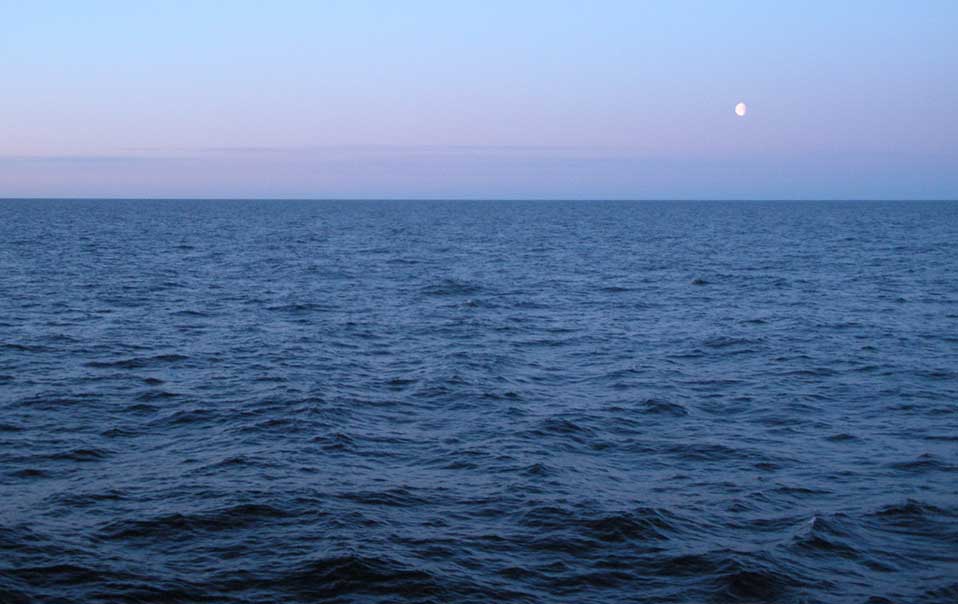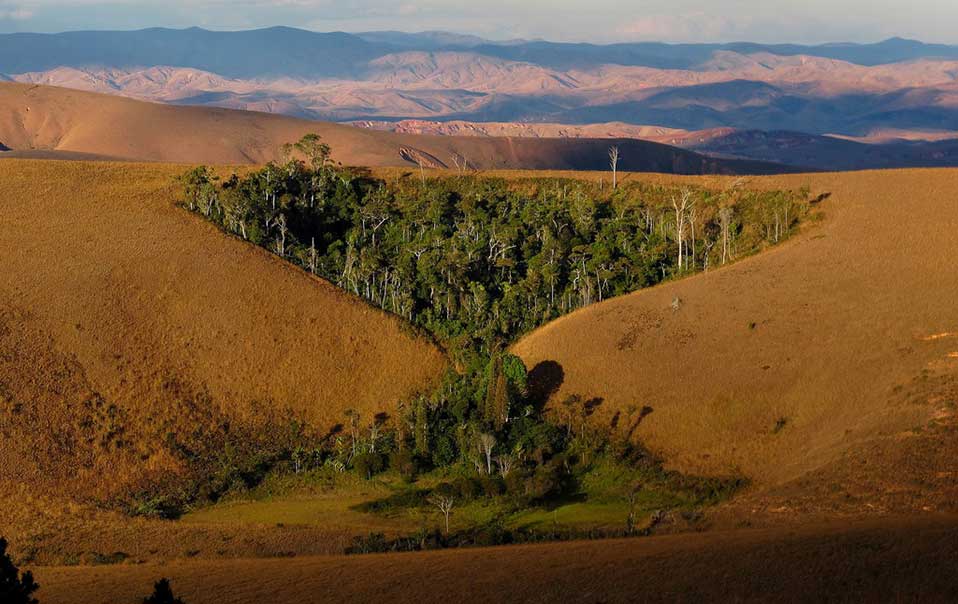- Home
- Topical Science Meeting
- Examples
Examples

A Unique Ocean
The ocean has a substantial impact on people’s wellbeing. It is a source of food, biological diversity and regeneration, moderates the climate and atmosphere’s composition, but also threatens coastline stability, drives weather extremes and bears potential for abrupt changes.
The joint expertise of several PAGES Working Groups e.g. on ocean circulation, carbon cycling, sea-ice dynamics, and sea level rise, could develop a comprehensive view of the global role of the ocean in the past and advise future management and decision options.

Sustainable land use
The Sustainable Development Goal (SDG15) Life on Land aims to “protect, restore and promote sustainable use of terrestrial ecosystems, sustainably manage forests, combat desertification, and halt and reverse land degradation and halt biodiversity loss.”
However, what would be desired, sustainable land systems? Key to a science-based answer is a systemic understanding of past states, dynamics and evolution of land ecosystems as addressed by several PAGES Working Groups that work on sectoral land ecology aspects such as forests, land cover and fire, hold a key for land management targets.

Climate change-resilient societies
In the past, societies coped in different ways with the challenges and opportunities of their environmental changes and extremes.
PAGES Working Groups connecting societal strategies to different external factors like climate changes, volcanic eruptions and the floodings, address aspects of this interaction. With a concerted Topical Science Meeting effort they could analyze past coping strategies and inspire societies on how to strengthen their resilience.